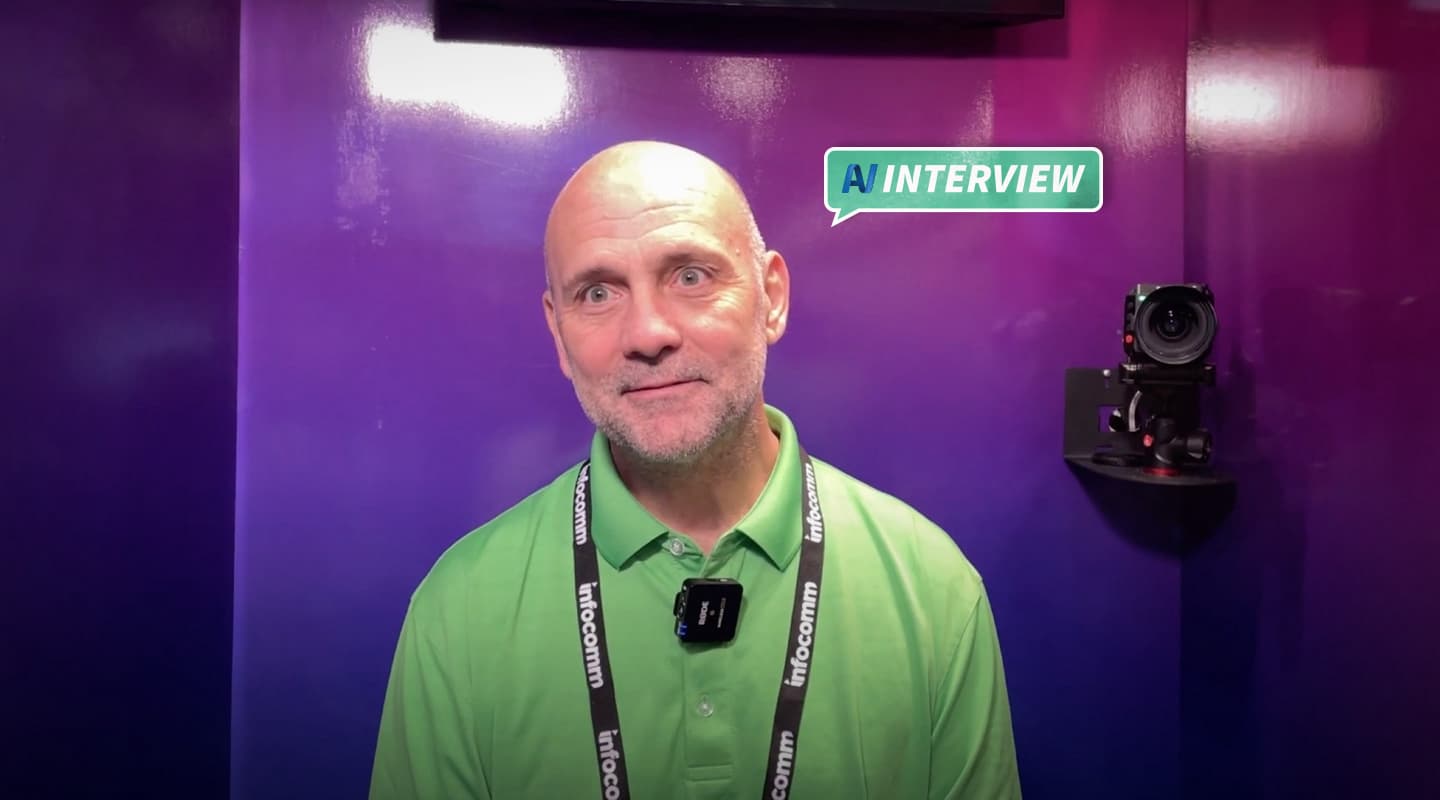
AV Interview: Anthony Taroni, Epiphan
How hybrid productions are here to stay and how Epiphan is addressing the changing needs of higher ed.
Interview:/ Christopher Holder
We caught up with Anthony Taroni, Epiphan’s Vice President of Sales, at Infocomm23. Christopher Holder started out by asking him whether the production workflow changes necessitated by covid are here to stay.
Anthony Taroni: During COVID, it was how people had to get together and respond. But I think since then it has been a learning experience — the realisation that you don’t need to have everybody together. The technologies grew really quickly during that period, and we adapted some of that so that we could enable people to do hybrid production, COVID or not. The result is that people have to travel less and while the quality of the overall production is much higher.
AV: A few technologies came of age during that period. I’m thinking in particular about AWS and SRT.
Anthony Taroni: Having SRT there, that was perfect timing for what we’re doing with remote production. It’s secure, it’s reliable, and it’s a great transport, right? SRT, that’s the acronym. We’ve built a lot of our technologies around SRT because it’s super flexible and there’s no licensing costs. It just happened to be everything we needed at the right time.
AV: Epiphan is probably best known for its hardware streaming and recording devices but your software offerings are also a focus. Hardware or software? Is it simply about horses for courses?
Anthony Taroni: It’s kind of a mix these days. A lot of folks want to have everything on their premises. They want a piece of hardware to play with, and they want to be able to get their hands on something physical. In other words, a lot of the use cases and applications that we serve, require things to be there in place. But at the same time, we’ve got a lot of folks doing hybrid productions where they have people coming in from all over the place. And if they’re using Zoom or Teams, then our Epiphan Connect platform is perfect for that. Ultimately, there’s a production tool involved. It could be a piece of hardware or it could be a soft element like our Epiphan Unify, which is very much a production tool in the cloud.
AV: As covid gradually gets smaller in the rear view mirror, are you seeing new markets open up for your solutions?
Anthony Taroni: The more we use video, the easier it seems to get. Right? I’ll give you example. If we look at universities, pre-covid we were really focussed on lecture capture — recording lectures and storing notes for VOD. But then that’s expanded to other applications around the campus. So we’re calling it ‘video on campus’ rather than the lecture capture. There’s all sorts of things that are going on campus that requires video and the hurdles are clear — record and/or stream sporting events, maybe a graduation or other things that are happening on campus. So we’ve seen it definitely grow in the context of education.
AV: What’s in the Epiphan product pipeline?
Anthony Taroni: For those who are familiar with our pro products, they’ll know about our firmware updates. Three or four times a year we release a new piece of firmware, and it enables all sorts of new functionality — almost like we’re giving you a whole new device. Our hardware is built with plenty of horsepower, so we can do that, they have the headroom to grow into these new applications. That’s on the hardware side. But then on the software side, we’re always improving our platforms to enable remote productions. The cloud tools like Connect or Unify are super useful and being on a subscription basis, they’re an attractive proposition for our customers.

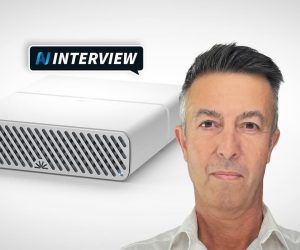

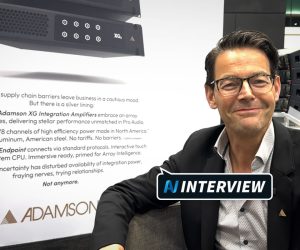

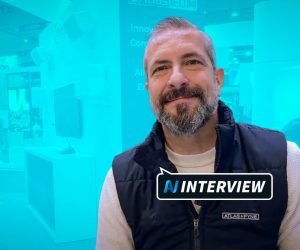
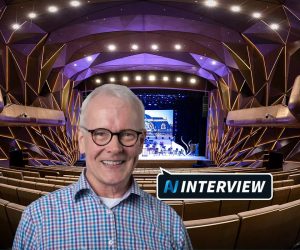
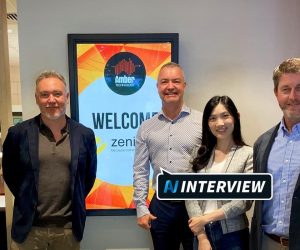


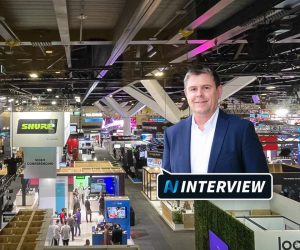
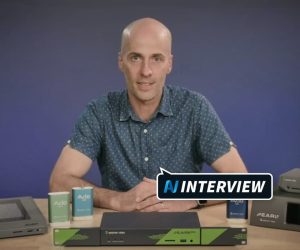
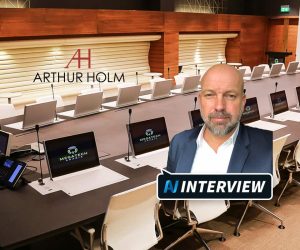

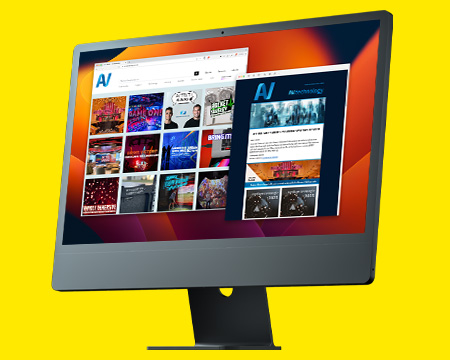
RESPONSES